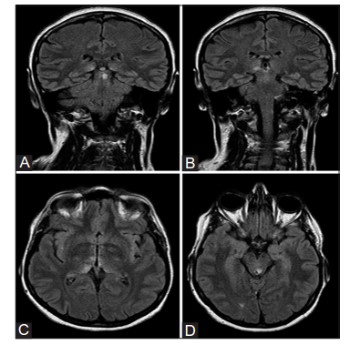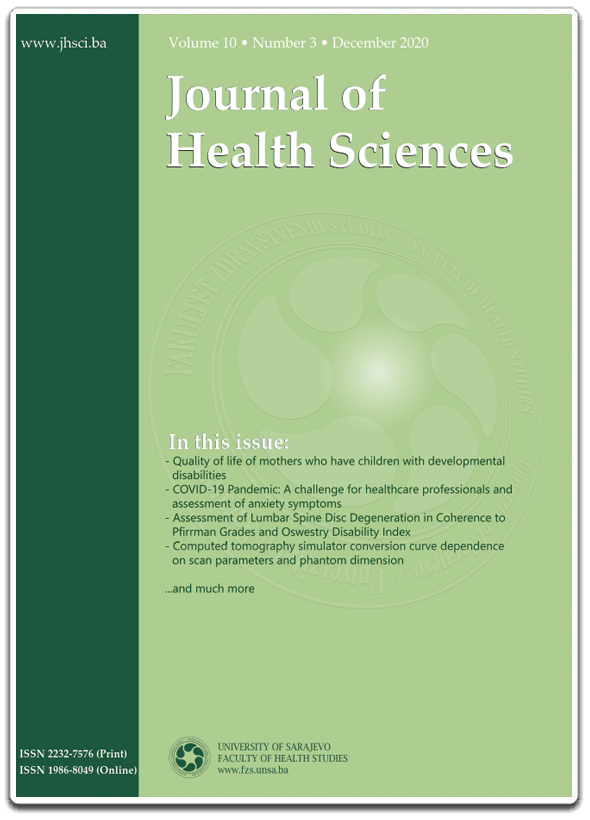Mild symptomatic Wernicke’s Encephalopathy: a case report
DOI:
https://doi.org/10.17532/jhsci.2018.269Keywords:
wernicke, encephalopathy, non alcoholicAbstract
Wernicke’s encephalopathy (WE) is an acute, neuropsychiatric syndrome which results from a deficiency in vitamin B1 (thiamine), which in its biologically active form, thiamine pyrophosphate, is an essential coenzyme in several biochemical pathways in the brain, often due to alcohol abuse (alcoholic WE). Non-alcoholic WE variant manifests in many different clinical settings, such as gastrointestinal tumors, hyperemesis gravidarum, chemotherapy, acquired immunodeficiency syndrome, prolonged therapeutic fasting, protracted parenteral nutrition and bariatric surgery, anorexia nervosa and can even be secondary to socioeconomic factors. The classic triad of encephalopathy, oculomotor dysfunction, and gait ataxia is only seen in approximately one-third of patients and is more common in alcoholics; only some of these symptoms are usually present. Here we describe a case of an occasional neuroradiological finding of Wernicke Encephalopathy not related to symptoms or signs.
Downloads











